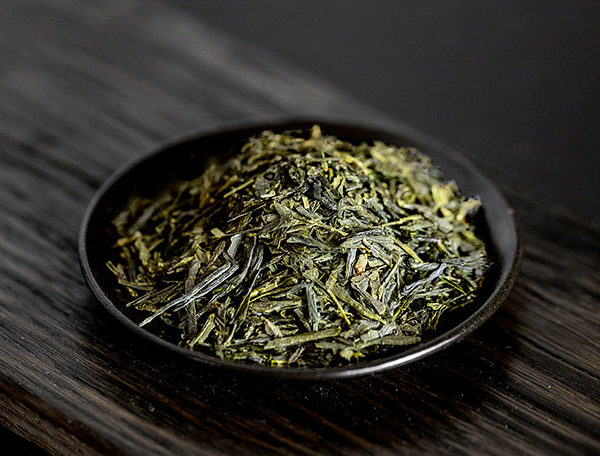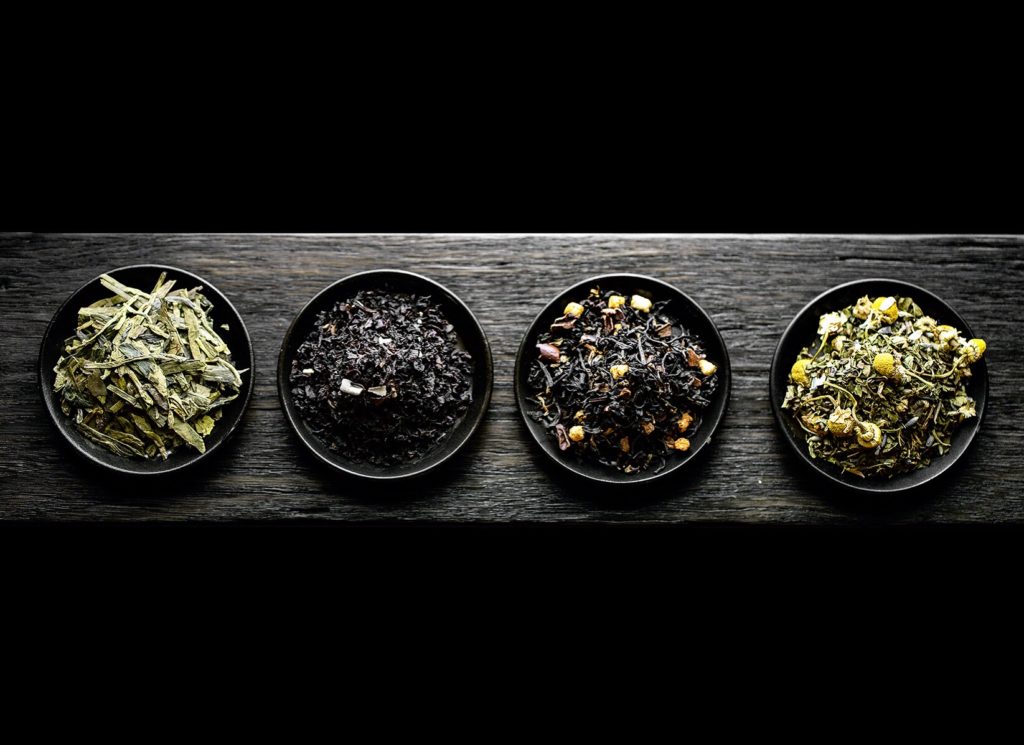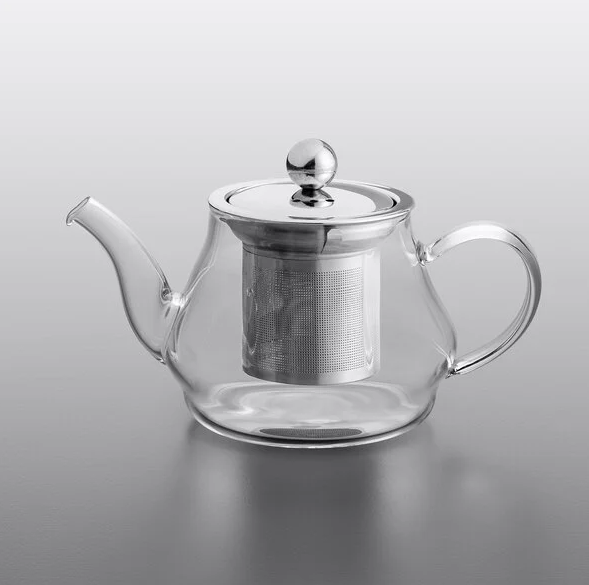6 Best Times to Drink Green Tea
If you enjoy drinking tea, any time would be a great time for your favorite cuppa. But, if you wish to maximize the benefits or make sure you will be able to fall asleep even after drinking your favorite caffeinated tea, some times and some green teas are better than the others. So, what is the best time to drink green tea?
Benefits of drinking green tea
To understand what are the best times to drink tea, let’s look at what green tea is. Green tea is made from Camellia Sinensis, a plant abundant in antioxidants, caffeine, and amino acids. It also contains some vitamins, minerals and fiber. The most important antioxidant in green tea is a catechin called EGCg, in large quantities available only in green tea. Unlike black or oolong, green tea is unoxidized. Studies showed that green tea may be helpful in “prevention of cancer and cardiovascular diseases” and has the “anti-inflammatory, antiarthritic, antibacterial, antiangiogenic, antioxidative, antiviral, neuroprotective, and cholesterol-lowering effects.[1]” Scientists usually link health benefits to tea consumed over a long-term period rather than just a single occasional cup.1. When is the best time to drink green tea?
Green tea is a great option for a morning drink. It has just enough caffeine to give you a good morning energy boost. Unlike coffee, tea contains an amino acid L-theanine, that prevents caffeine rush and gives you sustained energy throughout several hours instead. In other words, green tea shouldn't make you drowsy. Then what is the best morning energy boost green teas? Shaded types like matcha, gyokuro or kabusecha, and Japanese sencha.

Japanese Sencha
You can drink green tea in the evening too. Be careful which tea you choose, because the amount of caffeine in each tea is different. Some green teas might have more caffeine than black tea, so the best evening green teas are those with old mature leaves or roasted, like kyobancha, hojicha or kukicha with very little leaf parts in the blend. To reduce caffeine, even more, use cooler water and reduce steeping time. However, this method will also extract less EGCg.2. Best time to drink green tea for weight loss:
If your reason for drinking green tea is to lose weight, the best time to have a cup or two is before your work-out. A study showed that EGCG combined with caffeine, taken 90 minutes before exercise significantly increased fat oxidation rate during exercise[2]. Choose green tea with higher amounts of EGCg. You can increase the water temperature and steeping time to extract more caffeine and EGCg. Both EGCg and caffeine are bitter, so be prepared for a less pleasant cup of green tea is your goal is to maximize the benefits and use green tea for weight loss.3. Should you drink green tea before or after meals?
To get the most from green tea, the best way could be to drink it on an empty stomach. One study showed that taking food at the same time while drinking tea might inhibit the absorption of EGCg[3]. On the other hand, green tea might inhibit the absorption of iron. However, many sources suggest drinking green tea on an empty stomach is not recommended. If you have stomach or liver problems, then the best option might be to take it with a meal or after the meal but make sure to consult your doctor first. Research showed that although green tea may help treat any type of diarrhea[4], in large amounts, it may also be the cause of one. What are the teas with the most EGCg? Steamed green teas like sencha or gunpowder. Another benefit of having green tea before a meal might be help with reducing hunger. If you want to drink green tea with a meal learning the basics of tea pairing with food might open a door to a whole new world of sensory experiences. Although the most popular choice for an afternoon tea is black tea, green tea can pair the sweetness of desserts perfectly too. Although pairing green tea with sweets is not a favorite choice for tea connoisseurs, the slight bitterness of sencha will match the sweetness of cakes amazingly well. Moreover, green tea is a popular choice in sushi bars for cleansing the palate. Choose lighter green teas like Dragon Well for lighter non-sweet meals, and stronger more vegetable and astringent teas for desserts and heavier meals. August's Green Box with Dragon Well tea
August's Green Box with Dragon Well tea
4. When to drink green tea to boost your metabolism:
Green tea might help with digestion and boosting metabolism. Although there are no specific guidelines when you should take your tea, the best time might be before or 30-60 minutes after the meal. To get the most benefits, studies usually suggest 3-5 cups of green tea per day, depending on the type and the amount of EGCg. Learn how to choose the tea with the most EGCg.5. Should you drink tea before or after a workout?
Both a before and after workout cup of tea has its own benefits. A pre-workout cup may help losing weight, increasing endurance and focus, while a post-workout cup will refresh and replenish your body.6. Best time to drink tea for glowing skin:
When skin is concerned, every cup of tea might count. Tea provides not only hydration necessary for glowing skin but has anti-inflammatory properties too. It may help with photo-aged skin, fine lines and wrinkles, dark circles around the eyes and may even help reduce sebum[5] and clear the skin from acne. Studies showed that tea might help both from the inside and outside. To take things a step further, you can prepare a facial steam bath with green loose leaf tea and make it a part of your weekly skin routine.What is the best season to drink green tea?
Every type of tea has its own season, usually related to the harvesting time. Green tea is a great spring and summer choice, with the best green teas harvested in the early spring. It may help to cleanse the body and offer much-needed energy after a long winter. Unlike the common belief, drinking hot tea won’t make you feel more hot. In fact, hot green tea might freshen you up more than ice-cold drinks. A cup of hot green tea will make you sweat though, so make sure you drink it “under conditions permitting full sweat evaporation.[6]” Fall is usually reserved for oolong tea, while winter is great for black and dark teas like pu’erh.Disclaimer:
The purpose of this article is not to diagnose or treat any diseases, or to replace an opinion of a professional doctor. Never self-treat any diseases, or drink large quantities of tea, real or herbal, if you are suffering from serious diseases, are pregnant or breastfeeding. Green tea contains caffeine and is best avoided by children, people with caffeine sensitivity and other problems related to caffeine intake. Every person is different and it's impossible to make a general statement about the benefits or side-effects.References:
[1] https://www.ncbi.nlm.nih.gov/pmc/articles/PMC2855614/ [2] https://www.ncbi.nlm.nih.gov/pmc/articles/PMC4517022/ [3] https://www.ncbi.nlm.nih.gov/pmc/articles/PMC4665468/ [4] https://www.ncbi.nlm.nih.gov/pmc/articles/PMC2855614/ [5] https://www.ncbi.nlm.nih.gov/pmc/articles/PMC5384166/ [6] https://www.ncbi.nlm.nih.gov/pubmed/22574769
More from:
SLL





Leave a comment